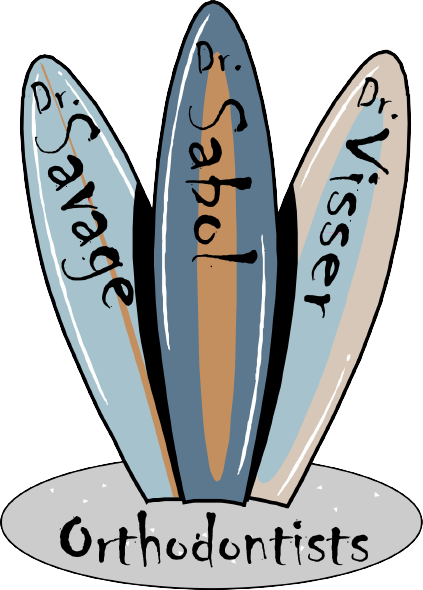One common concern for many people considering or starting orthodontic treatment is whether braces hurt. It’s a valid question, and the truth is that while braces can cause discomfort, it’s generally manageable. In this blog post, we’ll explore what patients can expect in terms of discomfort during braces treatment and provide practical tips for pain management and minimizing discomfort.
What to Expect During Braces Treatment
When braces are first applied to your teeth, you can expect to feel some soreness or discomfort. This initial pain is because your teeth, gums, and mouth are not used to having orthodontic hardware on them. Typically, this discomfort subsides after a few days as your mouth adjusts to the braces. Braces work by applying continuous pressure to the teeth to slowly move them into the correct position. Every 4 to 8 weeks, your orthodontist will adjust your braces, which can cause soreness again for a few days. This is normal and a sign that the braces are working as intended. Besides the pressure-related discomfort, the brackets and wires can irritate the inside of your mouth, especially the cheeks and lips. This irritation is most noticeable in the first few weeks of treatment as your mouth adapts to the new braces.
Pain Management Tips
Over-the-Counter Pain Relievers
After getting your braces put on or adjusted, you can use over-the-counter pain relievers like acetaminophen (Tylenol) or ibuprofen (Advil). These medications can help reduce pain and inflammation. Be sure to follow the dosage instructions or consult with your orthodontist or doctor before taking any medication.
Oral Anesthetics
Products like Orajel can be applied directly to the gums and teeth to numb the areas and provide temporary relief from orthodontic pain.
Cold Compresses and Ice Water
Applying a cold compress to the outside of your cheeks or rinsing with ice water can help reduce swelling and numb the area, thus alleviating pain. The cold helps to constrict blood vessels, reducing inflammation and discomfort.
Soft Foods
During the first few days after getting braces or having them tightened, it’s wise to eat soft foods. Hard, crunchy, or chewy foods can increase the pain as they require more force to chew. Soft foods like yogurt, soups, and smoothies are gentle on your braces and less likely to cause pain.
Wax for Brackets
Orthodontic wax can be a lifesaver when it comes to managing irritation from the brackets. This non-toxic wax is applied to the brackets that are causing irritation and acts as a barrier between your braces and the inside of your mouth.
Good Oral Hygiene
Keeping your teeth and braces clean is crucial. Food particles that get trapped can exacerbate irritation and lead to more discomfort. Regular brushing and flossing, using a water flosser, and rinsing with an antibacterial mouthwash can help keep your mouth clean and pain-free.
Minimizing Discomfort Throughout Treatment
Wear Your Appliances As Directed
If your treatment plan includes additional appliances like elastics (rubber bands), make sure to wear them as directed. Inconsistent use can prolong treatment and increase overall discomfort.
Regular Orthodontic Visits
Keeping up with your orthodontic appointments allows your orthodontist to make adjustments that can help reduce discomfort and ensure your treatment is progressing as planned.
Be Prepared
Always have a small kit with pain relief essentials like wax, a soft toothbrush, and pain reliever. Being prepared can help you manage unexpected discomfort effectively.
Patience and Perspective
It’s important to keep a positive outlook. Any discomfort associated with braces is temporary. The end result—a beautiful and healthy smile—lasts a lifetime.
While braces can cause some discomfort, the pain is usually mild and manageable. With the right strategies and supports, you can significantly reduce and manage any pain associated with your braces. Remember, any discomfort is temporary and part of the process toward achieving a better smile. If you have any concerns or ongoing pain, don’t hesitate to contact us today. At Drs. Savage, Sabol & Visser, we are committed to making your orthodontic experience as comfortable and effective as possible.













